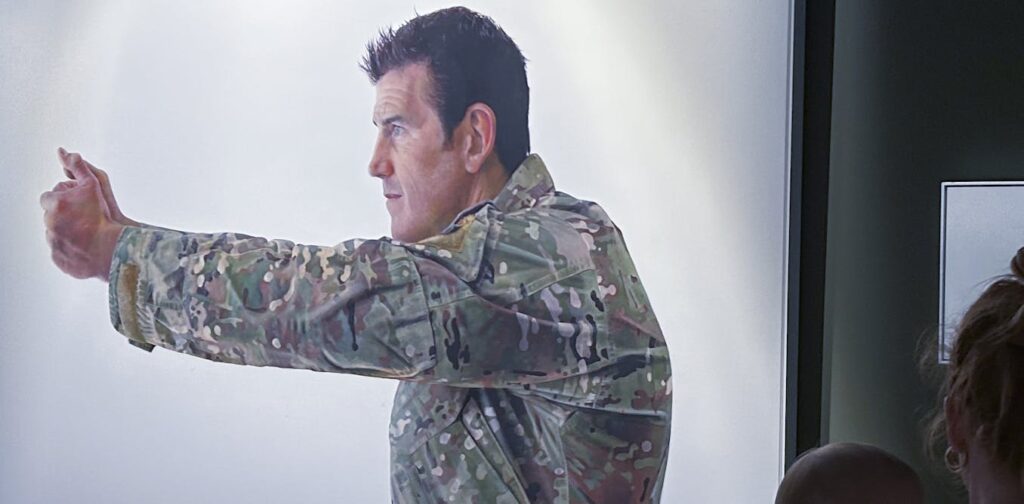
The Australian War Memorial is embroiled in controversy following reports that it retrospectively altered the rules of its Les Carlyon Prize for military history. This decision led to the exclusion of Walkley award-winning journalist Chris Masters’ book, Flawed Hero: Truth, Lies and War Crimes, which details the alleged war crimes of disgraced special forces soldier Ben Roberts-Smith.
Masters’ book was initially selected as the winner from a shortlist of six by an external judging panel. However, leaked correspondence suggests that the memorial’s governing council revived older eligibility criteria, disqualifying Masters due to his status as an established author. This move has deferred the award for the third time since its inception in 2020.
Background of the Controversy
The eligibility criteria for the Les Carlyon Prize were reportedly broadened in 2022 to include established authors, at the request of Denise Carlyon, one of the prize’s external judges. She stated that Masters’ book “stood out as the winner.” The Federal Court had previously found that Roberts-Smith, a Victoria Cross recipient, committed war crimes in Afghanistan, a decision upheld by the High Court’s refusal to allow an appeal.
The Australian War Memorial has historically promoted Roberts-Smith’s achievements, with former director Brendan Nelson defending him against allegations. The internal judging panel’s head warned of reputational damage from altering the prize’s outcome, suggesting that avoiding short-term discomfort could lead to greater long-term consequences.
Implications for the Australian War Memorial
This controversy raises significant questions about the Australian War Memorial’s role and the values it represents. Should the institution avoid portraying Australian military personnel in an unsavory light, or should it aim to present a truthful depiction of military history, including uncomfortable aspects?
The debate touches on broader issues of national identity and the representation of history in cultural institutions. The Trump administration’s “anti-woke campaign” in the United States, targeting institutions like the Smithsonian, underscores the global relevance of these discussions.
Historical Context and National Values
The Australian War Memorial was conceived by Charles Bean, the official historian of World War I, who envisioned it as a monument to service rather than a celebration of war. Bean’s vision emphasized the moral and national importance of avoiding glorification of war, a principle that remains relevant today.
The memorial’s current role, as outlined in the Australian War Memorial Act of 1980, includes maintaining historical collections and facilitating research. However, its representation of conflicts, particularly the frontier wars involving Indigenous Australians, remains contentious.
Debate Over Frontier Conflict Representation
Conflicts such as those in Vietnam, Iraq, and Afghanistan have been incorporated into the memorial’s remit without controversy. Yet, the inclusion of frontier conflicts, where European Australians killed thousands of Indigenous people, remains a divisive issue.
Advocates for representing these conflicts, including historian Peter Stanley, argue for their inclusion in the memorial’s expanded galleries. However, resistance persists among some council members, who believe the memorial should focus on overseas conflicts involving defense personnel.
The Path Forward
The current controversy over the Carlyon Prize highlights the broader challenge of balancing historical truth with national pride. The memorial’s future direction, particularly regarding its representation of uncomfortable aspects of history, will be revealed as its redevelopment progresses towards completion in 2028.
Ultimately, the Australian War Memorial’s approach to military history will reflect the nation’s values and its commitment to truthfulness. As Chris Masters noted, the institution’s role is not just to celebrate heroism but to engage with the complexities of war and its impact on society.






